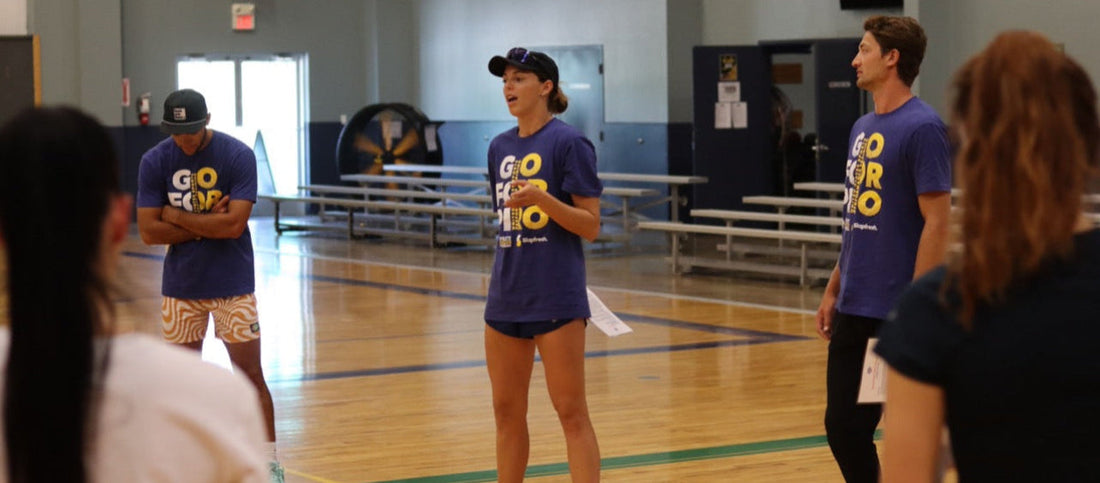Breaking the cycle:
The Importance of Critical Thinking in Coaching
Coaching is often perceived as a profession driven by passion, dedication, and a desire to help players reach their full potential. However, beneath the surface, there lies a common tendency among coaches to simply repeat or regurgitate information without truly understanding its implications. While the intention behind this approach may be good, the end result is often a lack of genuine comprehension of the skill sets being taught.
Take, for example, the widely taught technique of snapping the wrist when hitting a volleyball. On the surface, this instruction seems logical – a whipping motion would theoretically generate more force and directional impact. However, upon closer examination, the reality is far less effective. The force generated by the wrist is minimal, and the loss of control caused by the folding of the wrist renders the technique almost useless.
This phenomenon occurs because coaches often rely on surface-level explanations without delving deeper into the mechanics of the skill. Instead of blindly following tradition, coaches should critically evaluate the information they share, breaking it down to its core principles.
For instance, consider the alternative approach of hitting a volleyball with a locked wrist on the proper side of the ball, creating a curved shape with the hand. This technique allows for spin without sacrificing control. Analogously, imagine hitting a ball with a leather belt – while there may be plenty of whipping motion, the lack of control often results in the ball landing in the net. Conversely, using a rigid object like a baseball bat offers precise control and accuracy.
The key takeaway is that coaches must take the time to analyze and understand the nuances of the skills they teach. This involves watching videos of professionals in action, comparing different techniques, and reevaluating outdated or ineffective practices.
By prioritizing critical thinking and understanding, coaches can empower their players to develop not only their physical abilities but also their mental acuity. Players who understand the underlying principles of their sport can adapt more effectively to varying scenarios, ultimately becoming more well-rounded athletes.
Furthermore, this approach fosters a culture of continuous learning and improvement within the coaching community. Coaches who question outdated practices and seek innovative solutions contribute to the evolution of the sport, challenging age-old sayings that have become obsolete in light of new insights.
Coaching isn't about blindly following tradition or repeating outdated practices, it should be a dynamic process of critical thinking, evaluation, and adaptation. By prioritizing genuine understanding and innovation, coaches can truly make a lasting impact on their players' development and the future of the sport.
Jordan Wendelken - USSPT Founder and Head Pro

